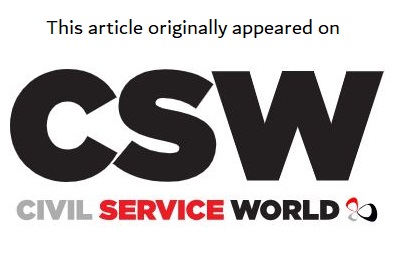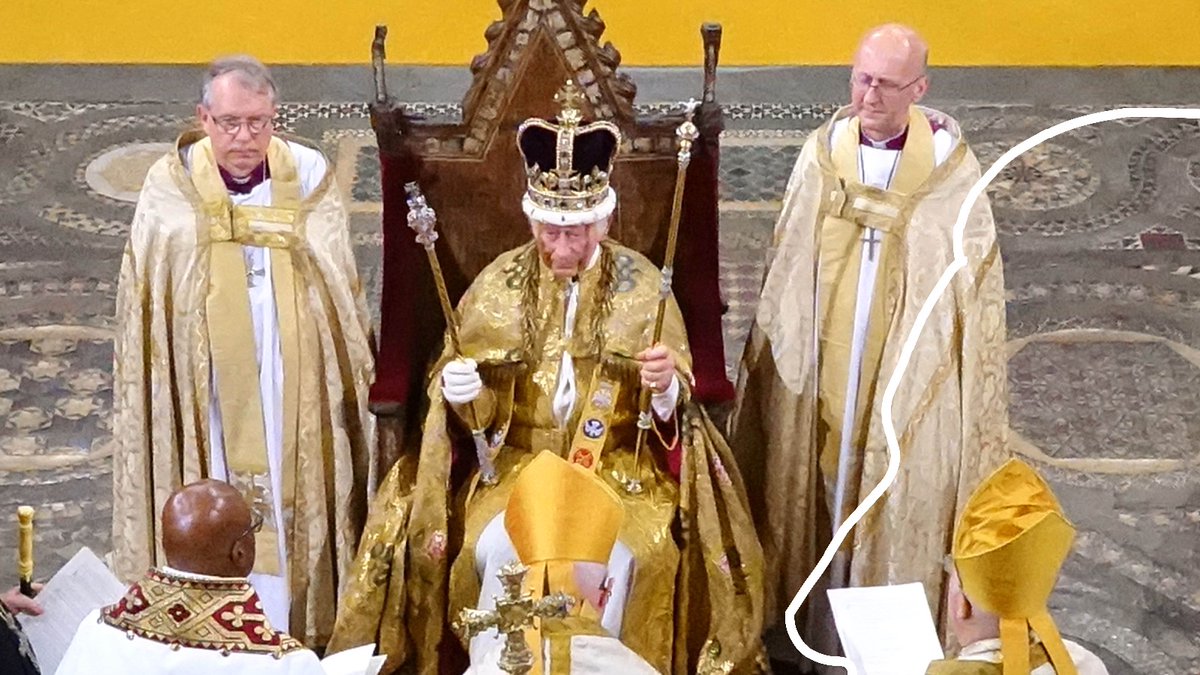Oliver Dowden has unveiled plans to invest more than £100m in the work of the Cabinet Office’s Incubator for AI, while forecasting that technology could help enable government job cuts
Embracing artificial intelligence is the only sustainable route to cutting the size of the civil service, deputy prime minister Oliver Dowden has said.
The cabinet minister made the comments in a briefing with journalists ahead of a speech given last week, in which he announced plans to use AI to drive efficiencies and improve productivity in government and across the public sector.
Dowden said adopting AI could be a “significant downward driver” in reducing the civil service headcount, with the government aiming to cut 66,000 jobs by the end of the next Spending Review.
“It really is the only way, I think, if we want to get on a sustainable path to headcount reduction,” Dowden said. “Remember how much the size of the civil service has grown as a result of the pandemic and EU exit preparedness. We need to really embrace this stuff to drive the numbers down. By doing those things better, you have to have fewer civil servants doing the administrative tasks that drive these things, which should lead us to savings both on headcount and on overall budget.”
In his speech, the deputy PM announced plans to invest £110m in the Incubator for AI, a Cabinet Office-based specialist unit, and in emerging technology to speed up what he described as “dogsbody work”, according to The Telegraph.
The AI team, which currently has 30 staff, was announced by Dowden in November as a “crack squad” to help reduce the size of the civil service, with a focus on five areas initially: welfare fraud; the asylum backlog; health; education services; and civil service reform.
“By doing those things better, you have to have fewer civil servants doing the administrative tasks that drive these things, which should lead us to savings both on headcount and on overall budget,” Dowden said.
Related content
- Government to announce plan for mandatory transparency for departments’ algorithms
- Ministers ask biggest regulators to set out ‘strategic approach to AI’
- EXCL: DWP prohibits officials’ use of ChatGPT but progresses work on internal AI
He added that the unit has already begun recruiting staff from top tech firms and plans to increase its headcount to 70.
Speaking in the House of Commons last week, the deputy prime minister said that the Cabinet Office is “putting more AI experts at the heart of government to drive the adoption of AI right across the public sector”.
He said: “Not only will we revolutionise services, we’ll increase productivity, cut efficiencies and save taxpayers millions of pounds.”
Dowden added that he is determined that the Cabinet Office “will lead the way in seizing the opportunities presented by these new technologies, whilst guarding against risks”.
Earlier this year, soon-to-depart Cabinet Office permanent secretary Alex Chisholm predicted that the use of artificial intelligence could save government almost £5bn a year and could take over large parts of the administrative duties currently performed by “tens of thousands” of staff.
Responding to the news, Fran Heathcote, general secretary of the PCS union, said: “PCS recognises that AI is an inevitable development that has been introduced and will be increasing used in the workplace. In contrast to Mr Dowden though we want AI to enhance jobs and not to degrade them and we are opposed to mass job losses that clearly Mr Dowden wants. For this reason, the union’s National Executive on 6/7 March will discuss adopting an agreement to put to the civil service which will govern the introduction and operation of AI systems and in particular will seek to prohibit systems which automate decision making and so take humans out of the loop of such decisions.”
She added: “If Mr Dowden is serious about cutting 66,000 posts through AI then he should come clean and admit that, in DWP, the justice system, HMRC and other departments, he wants software to judge and decide upon citizens; for the machine to be in charge. In contrast PCS wants to improve, not dehumanise work and for productivity gains made through the introduction and use of AI to be shared between the workers and the organisation in the form of reduced hours and increase pay.”





